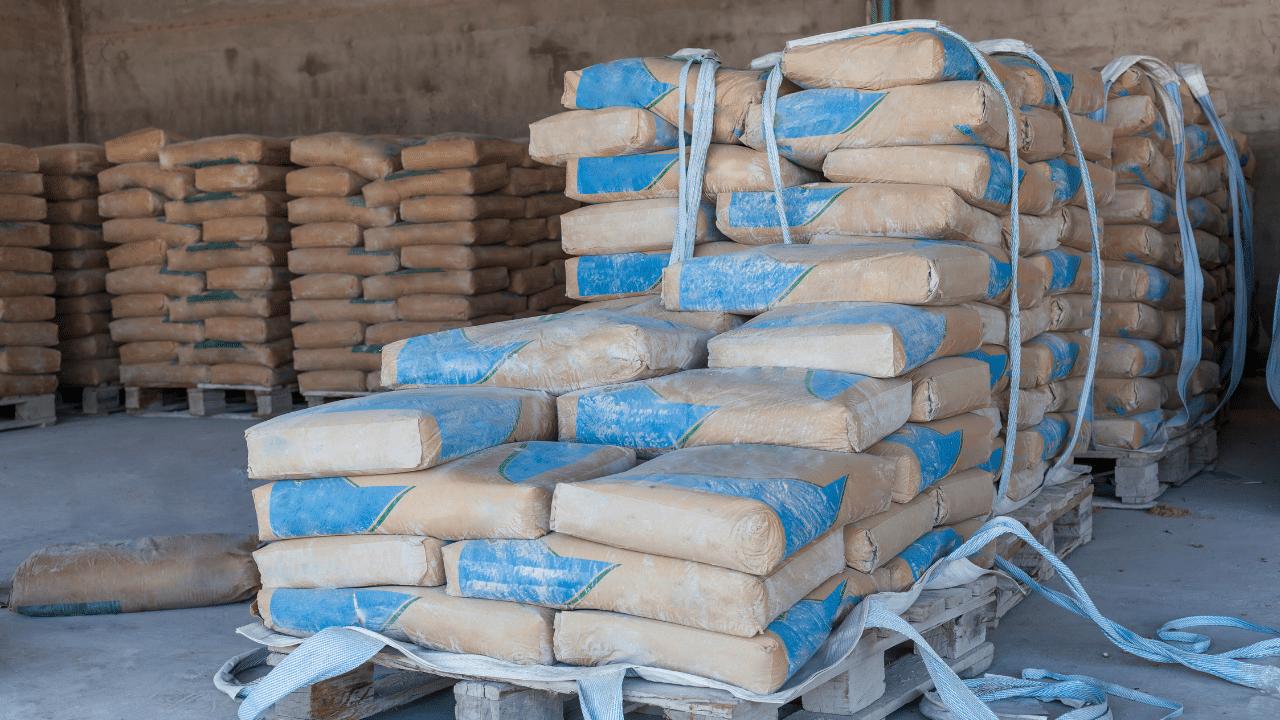A former U. S. Army soldier who successfully lobbied Washington to help veterans sickened by burn pit exposure will be in a Texas appeals court Thursday, fighting the state’s Department of Public Safety which has refused to pay him a $2. 5 million jury award for wrongful termination. For nearly a decade, Le Roy Torres has been fighting for vindication after his case was blocked by Texas courts numerous times. His lengthy legal battle began in February 2017, when he initiated legal action against the DPS and the state of Texas, alleging violations of his employment rights under the Uniformed Services Employment and Reemployment Rights Act of 1994 (USERRA), a federal law designed to protect service members’ job security. Mr. Torres eventually took his case all the way to the Supreme Court in 2022 where The Nine ruled in a 5-4 vote that his rights to employment fell under USERRA, which was created in the wake of the Persian Gulf War for servicemembers returning home. With the Chief Justices’ decision under his belt, Mr. Torres was able to carry forward with his wrongful termination case and in October 2023, a Texas jury had awarded him $2. 49 million in lost pay and damages. However, the state and the DPS have long maintained that they are immune from lawsuits such as the one that was filed by Mr. Torres. The department quickly filed an appeal to the landmark decision. A hearing is scheduled for Thursday afternoon with the 15th Court of Appeals at Austin — which was formed during the most recent state legislative session specifically for hearing cases that were made against the state. The DPS has claimed in their appeal that the state has sovereign immunity from USERRA. “No state is immune from a USERRA lawsuit in state court,” Mr. Torres’ attorney Brian Lawler said to the New York Sun. “We believe the jury and the trial court, in their instructions to the jury, got the issues correct. which element of the law was applicable to Leroy’s case.” Officials for the Texas DPS did not immediately respond to a request for comment. Not long after he returned from Balad in 2007 and resumed his duties with the Texas DPS as a state trooper, Mr. Torres started to become ill, feeling the effects of what he later discovered was his exposure to burn pits — a crude method of incineration on U. S. Military bases in Iraq and Afghanistan where nearly every single piece of waste was burned in large open air pits, including plastics, batteries, and medical waste. As his condition worsened, Mr. Torres was eventually terminated from his position which led him to file with the court, alleging that he was wrongfully terminated under federal employment laws. Even though the Supreme Court heard his case and were in agreement, Mr. Torres and his family has endured nearly a decade of trying to seek justice. He recalls in an interview with the New York Sun when his illness, which led to his eventual dismissal from the DPS, began. “There was a period where things were ok. I was dealing with it. I wasn’t a complainer” Mr. Torres says to the New York Sun. “I grew up in that generation where you just embrace the suck no matter what. Here’s some Motrin and drive on.” But the former state trooper says his symptoms started getting worse with debilitating headaches upon waking up and throughout the day while on patrol in Corpus Christi. “I would be parked on an overpass and I would just lean my head back because I was in excruciating pain,” he says. His symptoms reached a painful apex in the summer of 2009 while a suspect gave chase. He started feeling excruciating pressure in his chest. Mr. Torres was forced to start calling out sick due to a myriad of symptoms. “I went to work one morning and was having a terrible cough,” he says, adding that his upper respiratory issues had gotten worse. “That’s when my Sergeant said to me, ‘you know what? you need to go home. Whatever this is going on, you need to get seen by a doctor and find out what’s wrong with you.” Eventually he was transferred out of patrol duty and then relieved from duty completely in August 2010. When Mr. Torres first experienced his symptoms, medical understanding of burn pit exposure remained limited. His local VA hospital physicians attributed what he was experiencing to asthma. Sensing his condition was more severe than initially diagnosed, Torres sought a second opinion from Dr. Robert Miller, a pulmonologist at Vanderbilt University Hospital in Nashville, Tennessee. The consultation revealed that his time near the burn pits at Balad Air Base had resulted in toxic brain injury and multiple respiratory problems, including constrictive bronchiolitis-a serious, long-term condition that constricts the airways. After receiving his diagnosis, Torres reported back to his DPS commanding officers, expressing his desire to continue working while requesting reasonable accommodations. He explained that his medical condition prevented him from patrol duties and asked to be reassigned to desk work. According to Mr. Torres, his request was rejected-he was offered only his original position and warned that failure to fulfill those duties would result in termination. He says that the department had originally accommodated his needs, placing him in at a state driver’s license office, but his coughing spells in front of the public had led his sergeant to have second thoughts. “He said to me that I couldn’t be in public and that they were going to put me in the phone room,” the former trooper said. “They put me in this small room just answering phones.” He says he was forced out of the department a short time later. “It was depressing to me. I felt like I was being betrayed,” Mr. Torres said to the Sun. “I knew from there that it was going to get ugly.” Both Mr. Torres and his wife Rosie have remained resolved over the past eight years. While navigating the courts of Texas, they have also dedicated themselves to advocating for other veterans who had been denied proper VA health care for burn pit-related illnesses. Their consistent lobbying efforts in Washington and beyond were instrumental in the 2022 passage of the Promise to Address Comprehensive Toxics Act by Congress. Also known as the PACT Act, legislation expands disability benefits for veterans who were exposed to toxic substances during service. The couple has persisted in their legal battle against the state of Texas. “It is excessive. For the state to still have the audacity to come back and say that even though you won with the jury, we don’t agree with any of them,” Ms. Torres said to the Sun. “It’s just jaw dropping to know that any agency would attack a veteran that way instead of embracing them.” “We want Texas to know and we want veterans who are even considering joining to know that if you work for a state agency, or if you’re even applying for a state agency and you’re a veteran, be careful.”.
https://www.nysun.com/article/texas-trooper-who-suffers-from-burn-pit-exposure-in-iraq-back-in-court-over-wrongful-termination
Texas Trooper Who Suffers From Burn Pit Exposure in Iraq Back in Court Over Wrongful Termination Case


